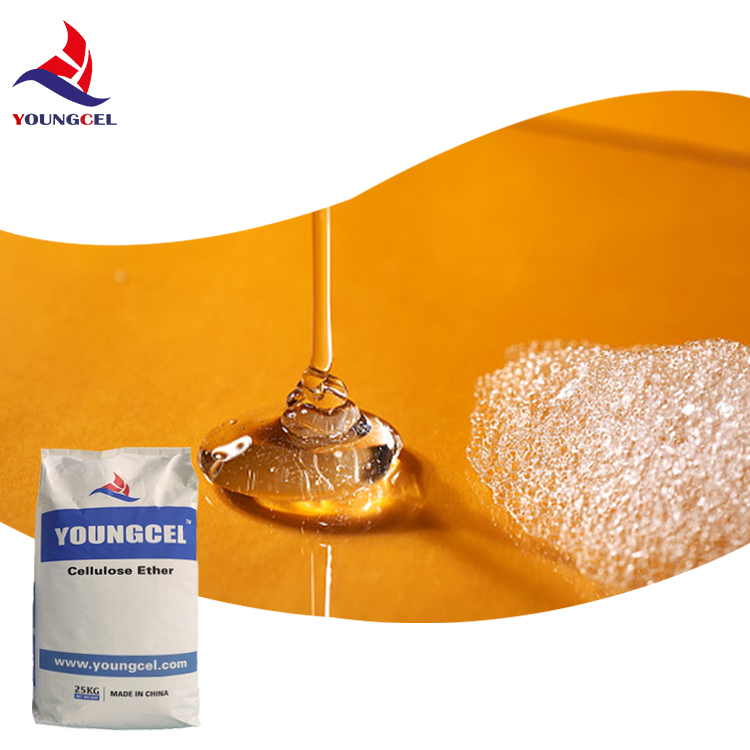The Role of Additives in Cement Mortar Enhancing Performance and Sustainability
Cement mortar is a vital construction material, widely used for bonding bricks and blocks, plastering surfaces, and various other applications. However, to enhance its properties and performance, the incorporation of additives has become a common practice in the construction industry. These additives not only improve the mechanical strength and durability of cement mortar but also contribute to sustainability by reducing environmental impacts.
The Role of Additives in Cement Mortar Enhancing Performance and Sustainability
Another important category of additives is mineral additives, such as fly ash, silica fume, and slag. These materials, often by-products of other industrial processes, can replace a portion of the cement in the mix. Utilizing these mineral additives not only reduces the amount of cement needed—hence lowering carbon emissions associated with cement production—but also enhances the long-term properties of the mortar. For example, fly ash can improve the workability and increase resistance to sulfate attack, while silica fume significantly boosts compressive strength and reduces permeability.
cement mortar additive

Fibre reinforcement is another innovative approach to enhancing cement mortar. Adding fibers—be it polypropylene, steel, or glass—creates a matrix that improves the tensile strength and ductility of the mortar. This is particularly beneficial in applications where crack resistance is essential, such as in the construction of pavements and precast elements. Fibers help in bridging cracks, preventing them from widening, and ultimately extending the lifespan of the structure.
The versatility of cement mortar additives also allows for customization according to specific project requirements. For instance, in environments exposed to harsh weather conditions, additives can be introduced to improve freeze-thaw resistance or enhance resistance to aggressive chemical environments. Moreover, advancements in technology have led to the development of engineered polymeric additives that can provide superior adhesion and flexibility, making them suitable for demanding applications.
Sustainability is a significant concern in today’s construction practices. The construction industry is one of the largest contributors to global carbon emissions, primarily due to cement production. By using various additives, the environmental footprint of cement mortar can be significantly minimized. Not only do these additives help in reducing the clinker factor (the amount of clinker produced), but they also contribute to the recycling of waste materials, promoting a circular economy approach in construction.
In conclusion, the incorporation of additives in cement mortar is pivotal for improving its performance, enhancing durability, and promoting sustainability. Whether through adjusting workability, modifying strength characteristics, or incorporating recycled materials, additives play a crucial role in modern construction practices. As the industry continues to innovate, the potential for new and improved additives will likely lead to more efficient and environmentally friendly building solutions. Embracing these advancements is essential for achieving sustainable development goals and mitigating the environmental impacts of construction activities.
-
HPMC Powder Wall PuttyNewsSep.01,2025
-
High Quality HPMC for ConstructionNewsSep.01,2025
-
Enhance Your Formulations with MHEC PowderNewsSep.01,2025
-
Premium Detergent Grade HPMC Hydroxypropyl Methylcellulose ThickenerNewsSep.01,2025
-
Premium Detergent Grade HPMC Hydroxypropyl Methylcellulose: Superior Thickening & StabilityNewsAug.31,2025
-
HEC 100000 Hydroxyethylcellulose for Paint | Superior ThickeningNewsAug.30,2025




